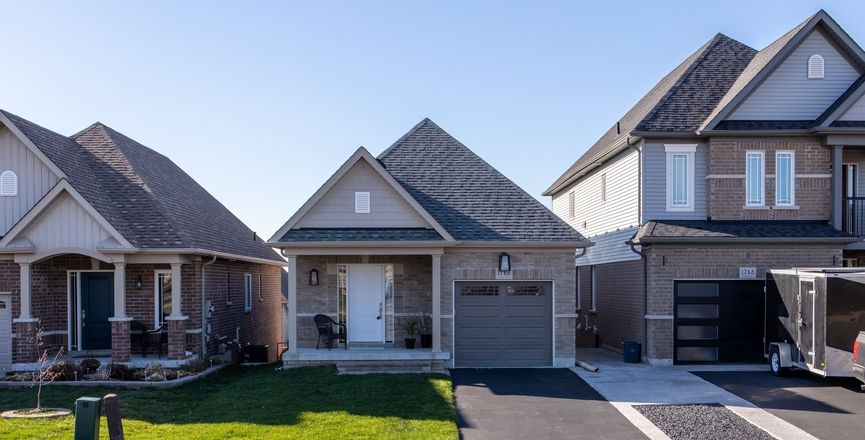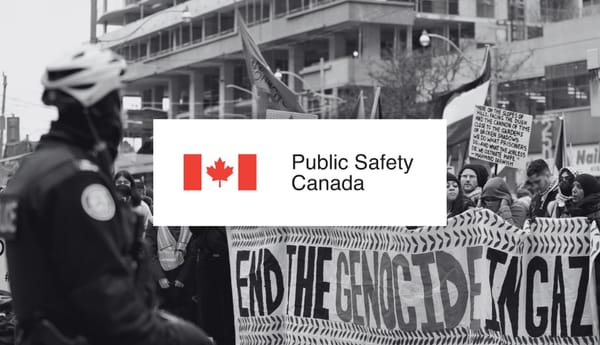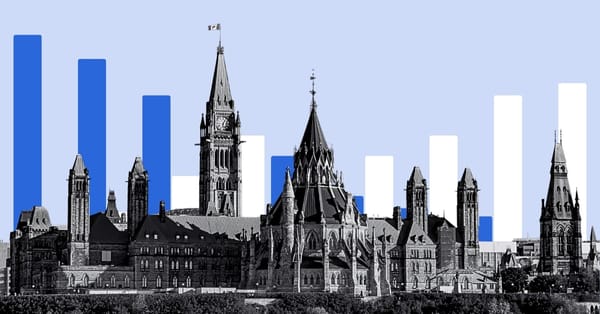The Liberal Party is promising to introduce a tax-free First Home Savings Account, a vehicle for Canadians under the age of 40 to save up to $40,000 to buy their first home, the party’s platform states.
The Liberals claim this will help Canadians afford a downpayment for a home faster. But others see it as smoke and mirrors at best, and potentially harmful to the housing market at worst.
Marc Lee, a senior economist at the Canadian Centre for Policy Alternatives, doesn’t see much opportunity for uptake in the proposal.
“The idea is that it's sort of a little bit like a registered retirement savings plan, or a tax-free savings account,” Lee told The Maple. “But I think the challenge is that most tenant families have lower incomes, and they generally don't have money in either of those other types of accounts.”
“It looks more like a gimmick to me,” he added.
A Statistics Canada study released in 2017 found that between 2009 and 2013, two per cent of low-income Canadians between 25 and 54 years old contributed to an RRSP and 7.8 per cent contributed to a TFSA. By contrast, 55.4 per cent of high-income Canadians contributed to an RRSP and 22.3 per cent contributed to a TFSA.
Lee also said that RRSPs and TFSAs can already be used for the exact purpose the Liberals say their First Home Savings Account could be used for.
“Both of those allow you to take out money for the use for housing, so it’d really only be of value to someone who's maxed out their RRSP and maxed out their TFSA,” said Lee. “So it's hard to see who exactly this is targeting, like someone who has that amount of income, particularly at under age 40.
“It strikes me that there's just not a whole lot there,” he added. “It’s most likely to be a tax shelter for a very, very small pool of Canadians who have very high incomes under the age of 40.”
Geordie Dent, executive director of the Federation of Metro Tenants’ Associations, sees the plan as window dressing. “I don't think it's a program that's going to get a lot of use. Nor do I think it's a program designed to get a lot of use,” Dent told The Maple.
As well, Dent said, there’s a lot more to addressing the housing crisis than just being able to save up for down payments. A major issue in creating market housing supply, he explained, is who will buy up that supply, and what that does to the price of housing.
“The programs from the Liberals and Conservatives both call for the building of a lot of new supply,” said Dent. “The concern that advocates have is that if you just build a bunch of new units … a lot of them just keep getting snapped up by large real estate investment trusts, and by large real estate firms, and by asset managers, who many believe are just trying to park profits or investment dollars.”
“The problem with that is that building more supply doesn't really help,” he continued, “because all that's going to mean is that more of this investment capital is just going to gobble it all up.”
Dent said this problem took off in Canada following the 2008 financial crisis, and that there are now fears that the exponential increase in housing prices over the past decade amounts to a “massive asset bubble.”
“Building your way out of that asset bubble doesn't really work,” said Dent.
Emphasis On Home Ownership Leaves Renters Behind
Mazdak Gharibnavaz, an organizer with the Vancouver Tenants Union, sees the Liberal Party’s focus on homeownership as problematic on multiple levels.
“Whenever you've got policies that are prioritizing homeownership, it means that they essentially want more people to be buying homes all the time, which is actually going to surge real estate values,” said Gharibnavaz. “As a tenant union, what that means for us is rents that are constantly driving up. It's basically creating an impossible situation in terms of having shelter.”
Gharibnavaz said it is important to emphasize that for many people, renting is not a temporary phase or prelude to homeownership.
“There's many, many people out there who are not interested in homeownership, (for whom) that is not a viable path,” said Gharibnavaz. “And the fact that all political parties really just kind of think of it as a step towards homeownership is problematic in itself.”
Lee agrees that the federal parties are failing to address the needs of those who are not looking to become homeowners.
“Almost all (parties’) policies are laser focused on home ownership as the most legitimate form of people accessing their housing,” said Lee. “And as a result, we're continuing to fail to build adequate rental, whether market or non-market rental housing, and we haven't done that over the past couple decades.”
“It's kind of just selling people on this dream of a home with a picket white fence out in the suburbs that's not realistic in today's economy,” he added.
Gharibnavaz noted that increases in some types of market housing supply can eventually lead to the loss of affordable rental units.
“Trends that we're seeing right now are things like real estate investment trusts, which are essentially large corporations that are buying up rental buildings across the country, buying up huge pieces of land, to extract as much profit as possible,” said Gharibnavaz. “So that kind of thing leads to renovictions and demovictions, (and) already-existing affordable rental stock being destroyed.”
“Putting in policies that are actually going to fuel that rather than dealing with the fact that we need a bunch of decommodified housing is just going in the wrong direction,” he added.
Instead, Gharibnavaz thinks parties should be focusing on building non-market housing.
“What we're talking about is lots of publicly owned rental stock, public housing, co-op housing,” said Gharibnavaz, adding that he would like to see more discussion about housing as a human right.
“Decades ago in this country, we collectively arrived at how inhumane the healthcare system was when it was for profit, (with) people basically dying off because they couldn't afford to take care of their health,” said Gharibnavaz. “We put a system in place to prevent that, to actually make sure everyone gets the health care that they deserve. I think we need to think about housing in the same way.”
Sam Smart is a Vancouver-based freelance journalist. She has a degree in English literature from UBC, where she served as blog and opinion editor at The Ubyssey. Follow her on Twitter @uglyblender.








Member discussion